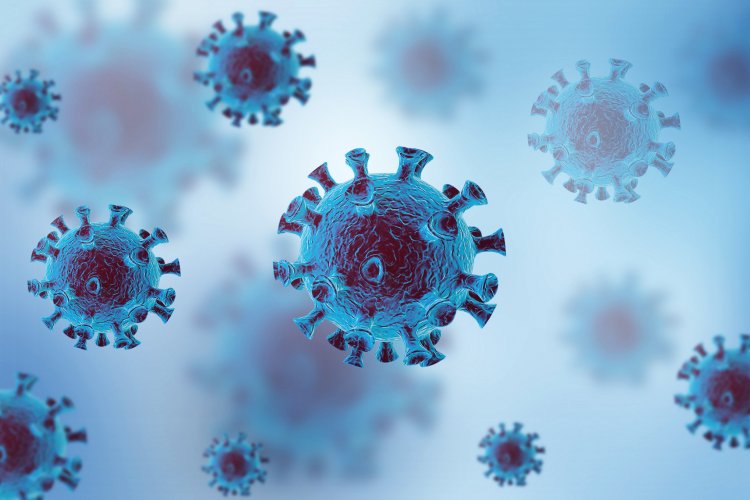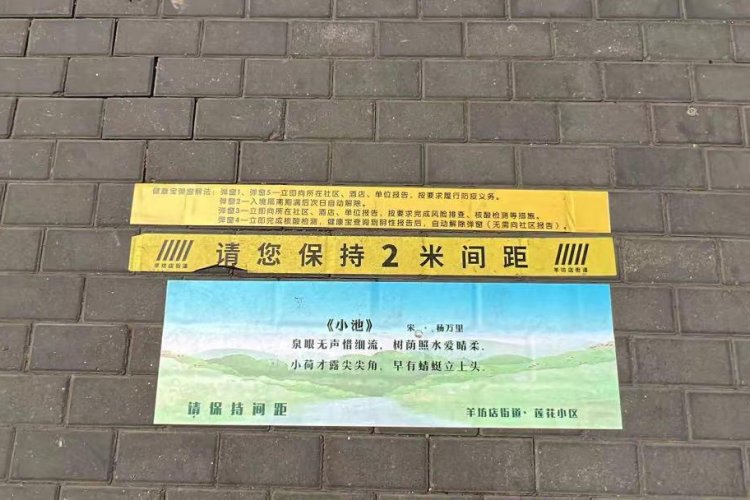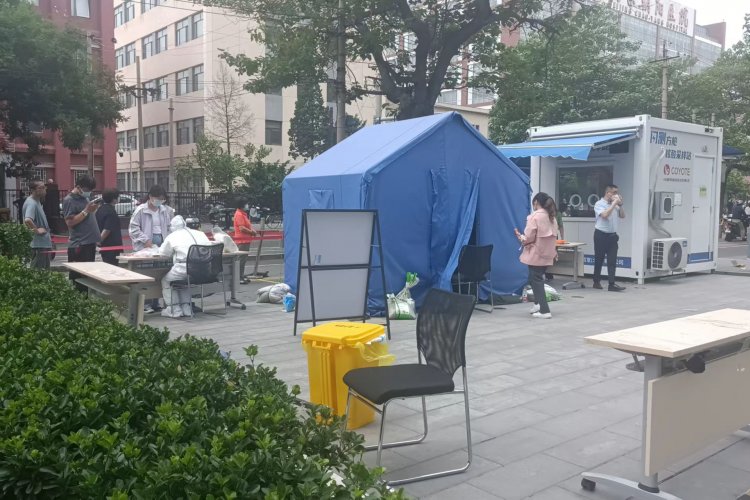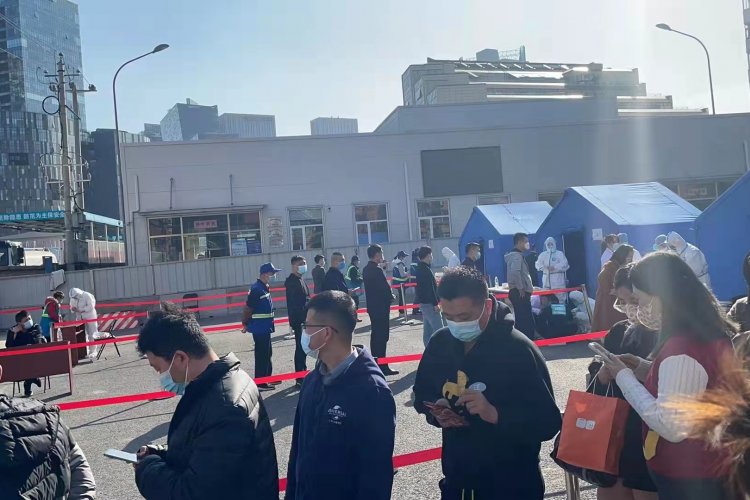Throwback Thursday: COVID-19 Hits the Beijinger Blog, Gets Two Sentences Below the Fold
Throwback Thursday takes a look back into Beijing's past, using our 12-year-strong blog archives as the source for a glance at the weird and wonderful stories of Beijing's days gone by.
They say that hindsight is 20/20, however, when it comes to 2020, it feels as though no amount of distance will ever be enough to warrant a clarity of vision or crystalline understanding about what the hell happened. Sure, over the coming years, experts will unravel the coronavirus pandemic, chart its course, and ultimately make sense of the science and data that drove one of the most disruptive events in recent history. But in terms of how something so devastating and existential could occur in our modern world, coupled with the fact that an event of similar proportions will inevitably happen again (and again), there will always be lingering questions alongside the stark realization that no matter how advanced we think we’ve become, we still are, and forever will be, human after all.
Such is the story that history has been writing since Jan 7, 2020, when the US Embassy issued a China-wide warning to US citizens addressing the outbreak of a mysterious strain of pneumonia in Wuhan, advising people to “Avoid animals (alive or dead), animal markets, and products that come from animals (such as uncooked meat).” Although the advisory was initially sent out on Jan 7, we covered it on Jan 8 – our very first mention of anything coronavirus-related – at which time there had been just 59 confirmed cases. Incidentally, on the same day, the US consulate issued another warning to its citizens – one that vastly overshadowed what would turn out to be some of the first murmurs about COVID-19 – stressing vigilance and safety after US President Donald Trump ordered a drone strike that killed Iranian Revolutionary Guard commander Qassim Suleimani four days prior. In fact, our article gave a measly two-sentence closing paragraph to the cases in Wuhan.
To look at these two stories side-by-side is to grasp the totality of just how complex and confounding it can be reconciling the past, present, and future. This, on its face, is no stunning revelation, however, these revelations rarely manifest in such an immediate and glaring way, and thus bears mentioning.

At any rate, 12 months later and it doesn’t take a genius to recognize the irony of the US telling its overseas citizens to be wary of a potential health risk coming out of Wuhan. Having said that, we’re not dredging up this article to point fingers or debate the veracity and efficacy of every country’s response (and yes, we recognize the further irony of saying we’re not here to point fingers after pointing a finger, but life is full of contradictions). Rather, we found this Throwback Thursday to be a sober reminder of the lessons we’ve learned, or really haven’t learned, over the past year.
All told, it’s unclear whether “hindsight is 20/20” is meant to be an affirmative declaration or a defeatist admission. Likewise, we have a habit of comforting ourselves with platitudes such as “those who don’t know their history are doomed to repeat it,” clinging to a false sense of brazen, haughty self-assuredness. Unfortunately, though, such adages fall far short of holding humanity accountable for its many ills and shortcomings in the present moment. If that were the case then post-1918 Spanish Flu, we wouldn’t have found ourselves in this mess.
Honestly, I wish there was some message of hope or optimism that I could end this article with, but when it’s all said and done, I’ve failed to find any larger, overarching message of inspiration. Suffice to say that while we often can’t control the world around us, we can control our perspective, and perhaps we would all do well to remember that if 2020 taught us anything, it’s that hindsight is not, in fact, 20/20, and that history does not always hold the answers we so desperately want.
READ: A Semi-Comprehensive List of Where You Can Get a COVID-19 Test in Beijing
Images: Engin Akyurt (via Unsplash), US Embassy







